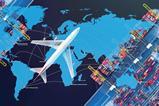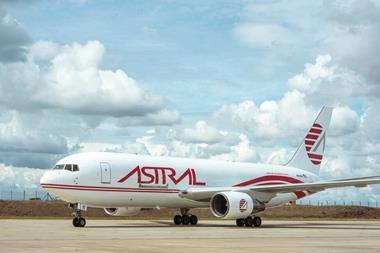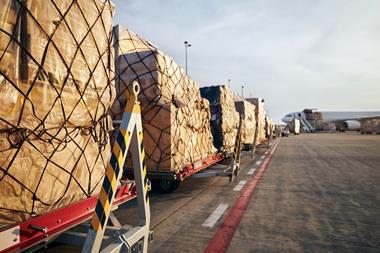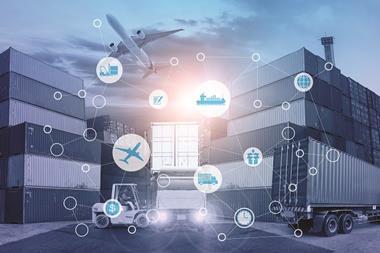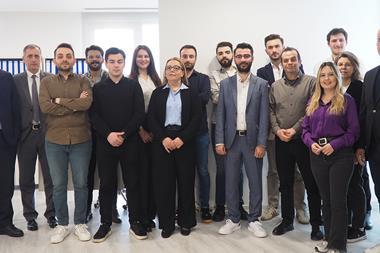Technology and digitalisation development are key to making sure the air cargo industry prospers and keeps up with demand in the future, a new briefing paper has said.
The Chartered Institute of Transport and Logistics UK Aviation Policy Group paper said that the sector has "perhaps not" kept pace with available technology, made "evident" since the pandemic began.
Mechanised processes, robotics and AI speed up operations and make them safer, stated the paper.
"Digitalisation provides the opportunity for specialist freight airports to insert services into the supply chain to derive addition revenue streams," it noted.
Investing in technology will help the sector meet consumer demand for quick deliveries of shipments.
"Technology is also likely to play a role in optimising air cargo loads," said the paper. "Until now, backloading, filling a return flight arriving with imported goods with outbound exports, has been difficult. It may be possible to use national or global digital twin technology to facilitate this initiative, saving considerable air miles and associated emissions."
The sector should continue to prepare for new aircraft types including drones and airships, and aircraft using new clean, green technologies including hydrogen, hybrid and electric.
Making the airfreight sector more attractive to young people "will be key to maintaining competitiveness," said the paper.









